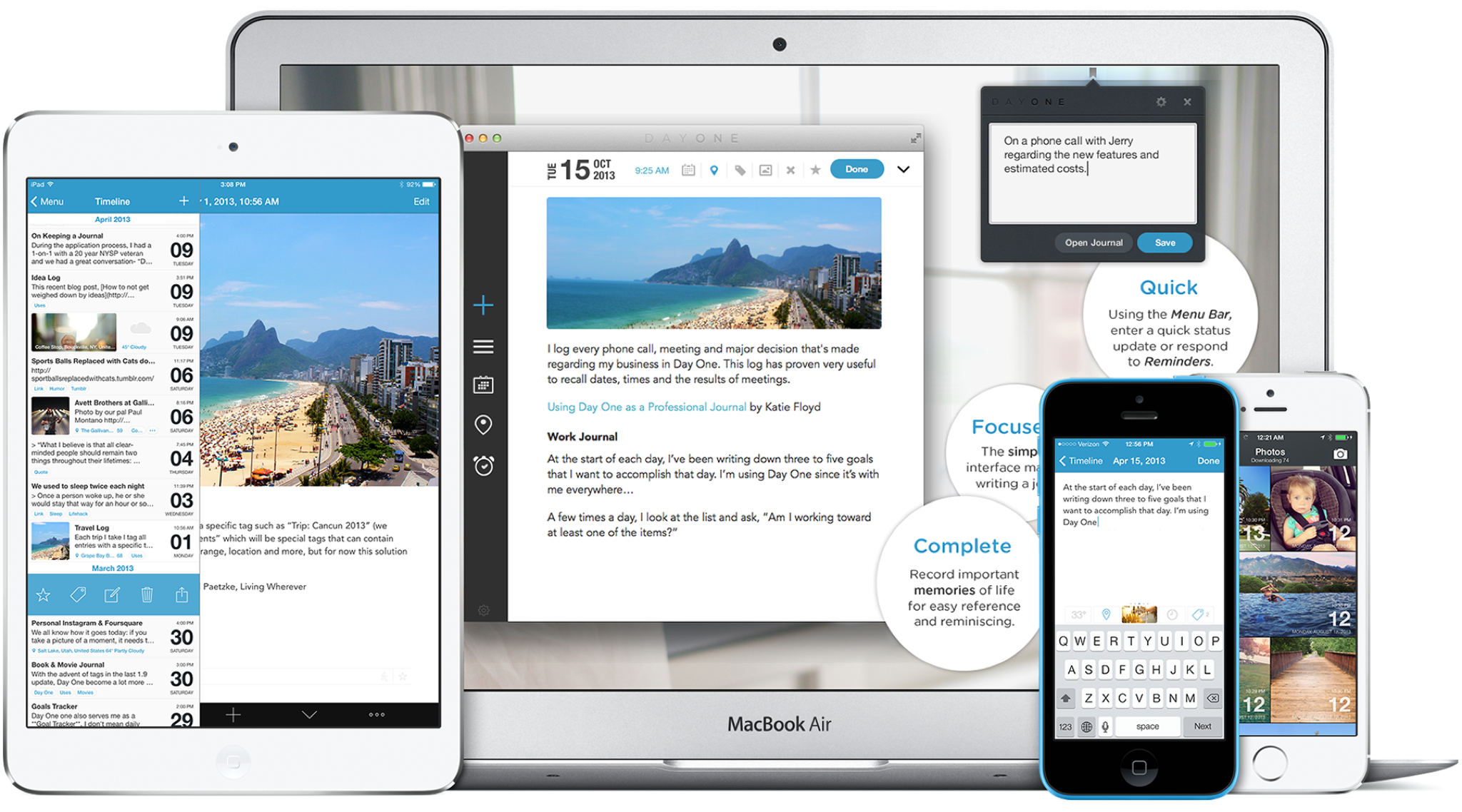Whether sitting at my kitchen table last week checking the latest news or viewing my Twitter or Facebook feeds on the run, the conflict over iOS 9's new ad blocking capability has created as much controversy as the Pope's message being in conflict with both the political right and the political left.
Why?
I've read a number of useful insights into the ranging from Seth Godin's long-term perspective on caring for customers first to Dennis Seller's report of its impact on publishers and the advertising perspective of Randall Rothenberg.
However, as an analyst with a focus on root causes and the purpose of business, it's clear the none of these actually go far enough to get to the bottom of the real issue: value.
Fundamentally, advertising is a communication medium from the provider of a product or service to the prospective consumer of that product or service. So, for example, Apple wants to sell you a new iPhone, so it creates an advertisement to communicate to you so you will purchase it. The communication may take virtually any form, from the promise of a better life to the description of various iPhone features, but its goal is always to get you to buy.
So, how do they get that message to you?
They use middlemen who have your attention for other reasons. Perhaps a medium you use to enjoy entertainment, like TV, or maybe a blog you read for education. Since those media have your attention, they sell it to advertisers to support their production of more content. There are other middlemen, of course, including those who create and produce the ads, those who do the work necessary to deliver the ads on whatever media, and so on, but ultimately, that's the picture: a producer buying access to consumers to convince them to buy.
The problem is, the exchange happens between all the other players without the permission of the consumers. Your permission is assumed. It's the price you pay for consuming the content, and the various providers believe that you know this and are conscious of the arrangements. Ironically, the prevalence of the advertising means that consumers learn to tune it out and avoid it. We buy a DVR that allows them to skip over commercials, we change the radio station when a commercial comes on, and, yes, we install and use ad blockers for our web browsers on iOS.
There are times we don't, however. The Super Bowl, for example, has become a showcase for advertising. Super Bowl ads are ranked and discussed for weeks both leading up to the event and following it. They have created massive demand for brands, and web sites have crumbled under the crush of interest they generate.
But, these times are rare. We become jaded. It gets harder and harder to get our attention. So, the ads get more and more intrusive. Remember those animate GIF ads? How do you like hover ads (the ones that block the page so you have to look at them before you can read whatever you came to read)? More and more obtrusive, more and more expensive to experience.
So, we get ad blockers.
Now, some advertisers and the ad networks are working on options to get around blockers and the consumer choice they represent. What does that say about the entitlement they feel towards the time and attention of those they target with the ads? Exactly.
What about those who earn their livings by the ad revenue they receive and who are damaged by the loss of your attention?
The solution is simple, but hard: it takes a shift in paradigm, but the time has come. Change the way you think about ads, whether you buy them, create them, deliver them, host them, or consume them! Create value, and find ways to effectively "pay" consumer for their attention. If you have something to share with me that matters to me, I'll pay attention. If what you want to show me is something that has no value for me (like the mortgage ads I see any time my ad blocker is off!), it's a waste for both of us. Figure out a way to stop doing it!
Advertisers complain about the poor return on their online advertising investment. Here is why they have the issue: the ads are ugly, inconsiderate, obtrusive, and irrelevant. In a world where time is the most value commodity most people have, this is insulting. Stop doing it!
I understand that this means more work than has traditionally been done in advertising, except by the most advanced and creative teams. It's time to follow their lead.
To publishers who make their living from advertising: Don't blame Apple or those building the best-selling apps. You brought this on yourself.
For those who are primarily consumers, I have a challenge for you, too: don't expect great content to be free. It costs time, energy, talent, and effort to produce, and just because you can get it for free doesn't mean you should. Artists deserve compensation for their work, whether it's a news report, a painting, or a song. Compensate them for the benefit you get. It's the right thing to do, and it feels good to do it!

